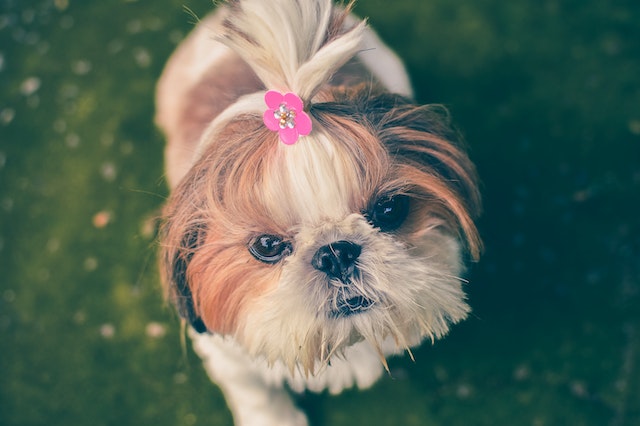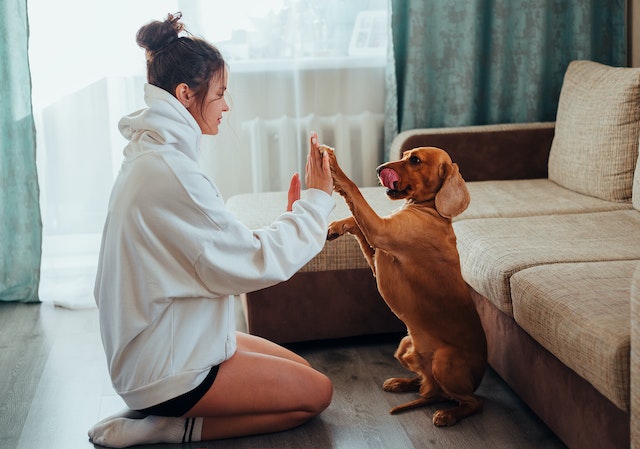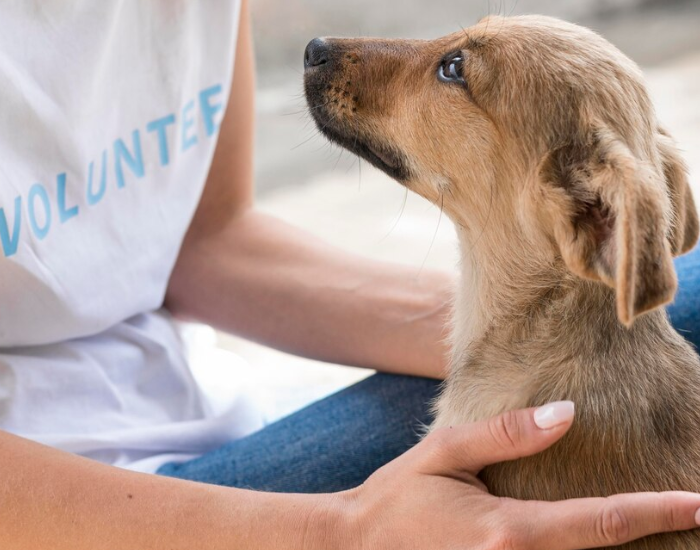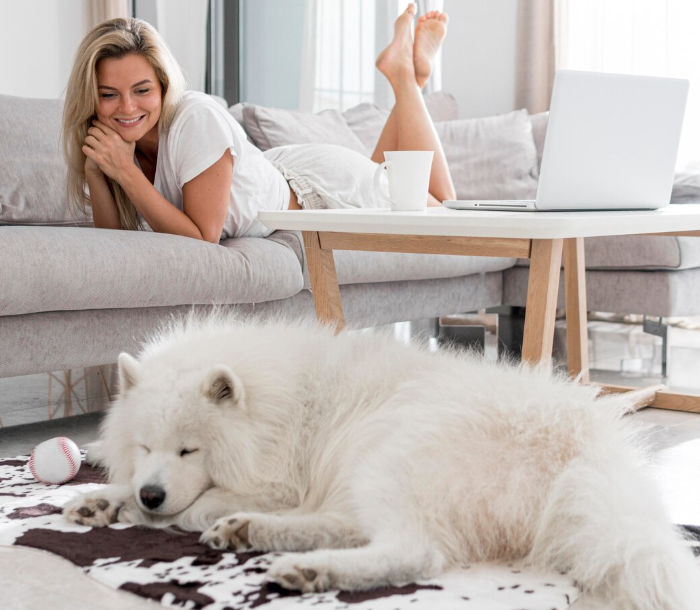Dogs have been trained for psychiatric assistance work for decades. They are highly skilled in helping individuals with various mental health conditions, including anxiety, depression, post-traumatic stress disorder (PTSD), and autism. However, for individuals with allergies, owning a dog can be challenging. This is where hypoallergenic psychiatric assistance dogs come in. In this article, we will explore the top breeds for hypoallergenic psychiatric assistance dogs and why they are suitable for this type of work.
What Makes a Dog Hypoallergenic?
Hypoallergenic dogs are dogs that produce fewer allergens than other breeds. This makes them more suitable for people with allergies and asthma, as their dander and saliva will not cause allergic reactions. Hypoallergenic dogs do not shed fur or dander, so they are a great choice for those who suffer from allergies or asthma. It is important to note that while hypoallergenic dogs may produce fewer allergens, they still produce some and will require regular bathing and grooming. Also, it is important to know that there are no guarantees that a hypoallergenic dog will not cause an allergic reaction in someone with allergies. Before getting any breed of dog, it is important to do research and talk to a veterinarian or allergy specialist. They can provide insight into which breeds are best suited for those with allergies. Additionally, if you have any questions about the allergen levels of different breeds, they can provide helpful advice.
The importance of hypoallergenic dogs for psychiatric assistance work should not be overlooked. Many individuals with mental health needs benefit from the calm, loyal companionship of a hypoallergenic dog that is specifically trained for therapeutic purposes. An assistance dog can provide emotional support to someone struggling with depression or anxiety disorder and help them cope with their day-to-day struggles. With proper training, these dogs can become a valuable part of the treatment plan, offering support and companionship to those in need.
Moreover, it is important to remember that while a hypoallergenic dog may be beneficial for those with allergies, not all breeds are suited for psychiatric assistance work. It is essential to consult with an experienced and knowledgeable trainer who can help you select the best breed for your particular needs. Additionally, it is important to be aware that having an assistance dog can come with its own set of challenges and responsibilities. For example, the handler must provide proper training and care for the dog in order to ensure their safety and well-being.
Top Hypoallergenic Dog Breeds for Psychiatric Assistance Work
1. Poodle Breeds
Poodle breeds, including Standard, Miniature, and Toy Poodles, are considered one of the best hypoallergenic dog breeds for psychiatric assistance work. They have curly, dense, and non-shedding coats that trap dander and prevent it from becoming airborne. Poodles are also intelligent and trainable, making them an excellent choice for individuals with various mental health conditions.
2. Bichon Frise
Bichon Frise is another hypoallergenic dog breed that is suitable for psychiatric assistance work. They have soft and curly hair that does not shed, which makes them hypoallergenic. They are also affectionate, sociable, and friendly dogs that are great companions for individuals with mental health conditions.
3. Havanese
Havanese is a small hypoallergenic dog breed that is highly adaptable and trainable, making them great for psychiatric assistance work. They have long, silky hair that does not shed, which makes them hypoallergenic. Havanese dogs are also known for their playful and loving nature, making them great companions for individuals with mental health conditions.
4. Maltese
Maltese is another small hypoallergenic dog breed that is suitable for psychiatric assistance work. They have long, silky, and non-shedding coats, which makes them hypoallergenic. Maltese dogs are also known for their loyalty, gentle disposition, and intelligence, making them great companions for individuals with mental health conditions.
5. Portuguese Water Dog
Portuguese Water Dog is a hypoallergenic dog breed that is highly energetic and intelligent, making them great for psychiatric assistance work. They have thick, curly, and non-shedding coats, which makes them hypoallergenic. Portuguese Water Dogs are also highly trainable and obedient, making them great companions for individuals with mental health conditions.
Choosing the Right Hypoallergenic Dog for Psychiatric Assistance Work
1. Factors to consider when selecting a hypoallergenic dog for psychiatric assistance work
• Exercise needs: When selecting a hypoallergenic dog, consider the amount of exercise it will need. High-energy breeds require more exercise, while low-energy breeds may need less and are better suited to individuals who don’t have much time for active lifestyle.
• Size: The size of the dog should also be considered when selecting a hypoallergenic breed for assistance work. Smaller breeds may be better suited to individuals who have limited space in their home or difficulty handling larger dogs.
• Grooming: Consider how easy or difficult grooming and care will be before choosing a hypoallergenic dog. Breeds with shorter coats may require more frequent grooming, while breeds with longer coats may need special shampoos and conditioners.
2. The dog's temperament and trainability
• Intelligence: Consider the intelligence level of the breed when selecting a hypoallergenic dog. Highly intelligent breeds often pick up on commands quickly and are easier to train than less intelligent breeds.
• Temperament: It is important to choose a breed with the right temperament for psychiatric assistance work. Breeds that are highly affectionate, loyal, and patient make better companions for individuals with special needs.
3. An individual's specific needs and lifestyle
• Activity Level: When choosing a hypoallergenic breed for assistance work, think about the individual’s activity level. Some breeds are better suited to individuals who live an active lifestyle and need a dog that can keep up with them. Other breeds may be better suited for individuals who lead more sedentary lifestyles.
4. Compatibility with existing pets or family members
Compatibility with Existing Pets or Family Members: If there are other pets or family members, consider getting a breed that is compatible with them. This could mean looking for breeds that are friendly and enjoy playing with others or looking for breeds that can handle being around young children.












